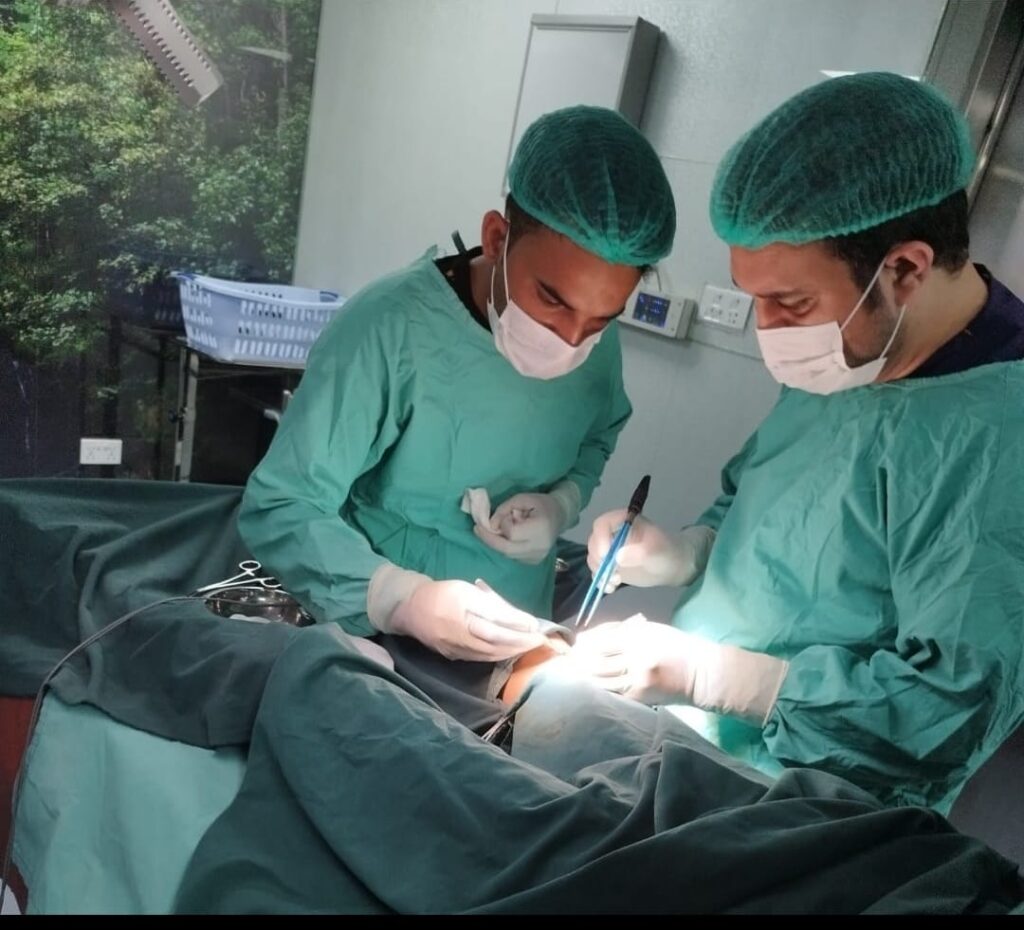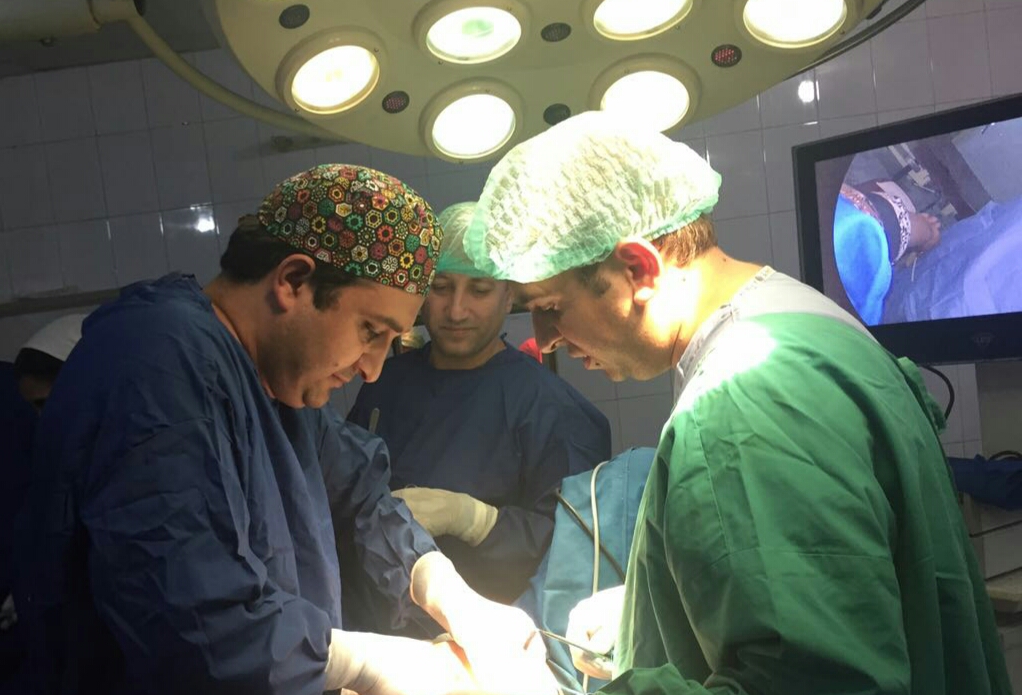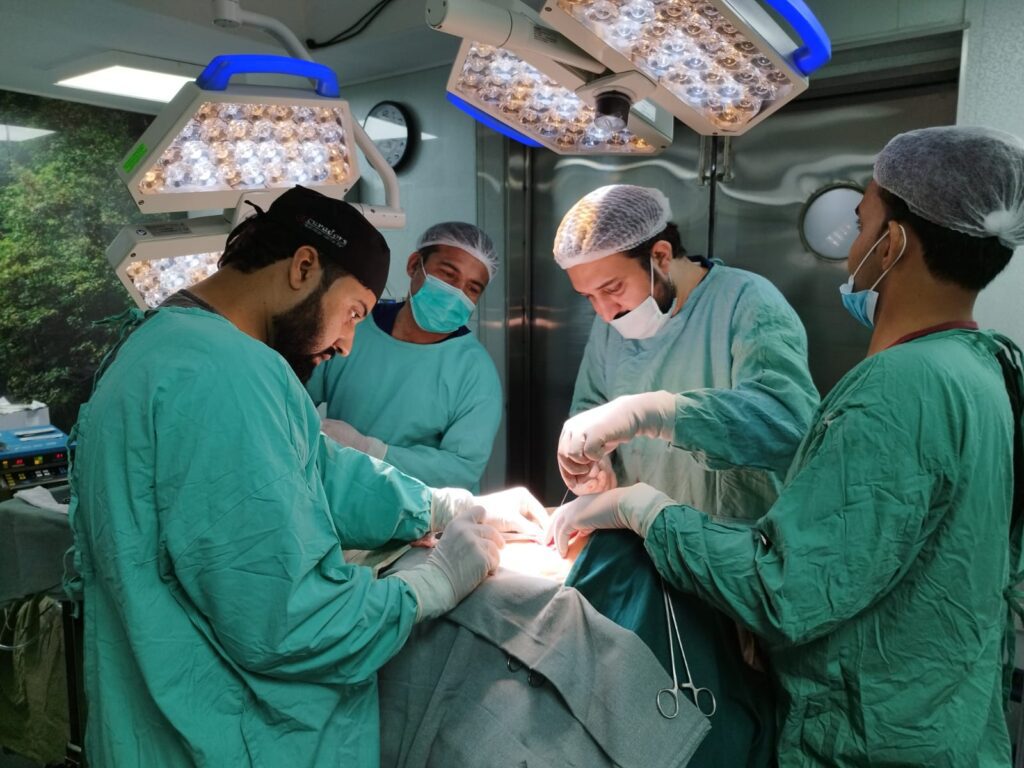- contact@laparoscopyadvice.com
- General Practice Hospital, G-9/2 Islamabad
- Mon - Fri: 10:00 am - 7:00 pm
Visiting Hours
| Mon - Fri: | 8:00 am - 8:00 pm |
| Saturday: | 9:00 am - 6:00 pm |
| Sunday: | 9:00 am - 6:00 pm |
Gallery Posts






| Mon - Fri: | 8:00 am - 8:00 pm |
| Saturday: | 9:00 am - 6:00 pm |
| Sunday: | 9:00 am - 6:00 pm |







Benign diseases of the spleen encompass a range of non-cancerous conditions that affect the structure and function of the spleen. While these conditions are not typically life-threatening, they can cause symptoms and complications that require medical evaluation and management.
Benign diseases of the spleen can include:
The causes of benign diseases of the spleen vary depending on the specific condition but may include:



Treatment for benign diseases of the spleen depends on the underlying cause and severity of symptoms but may include:
Preventive strategies for benign diseases of the spleen may include:
| Mon - Fri: | 9:00 am - 7:00 pm |
| Saturday - Sunday: | Off |
Copyright 2023 Adil's Laparoscopy World | Powered by Dynaamx